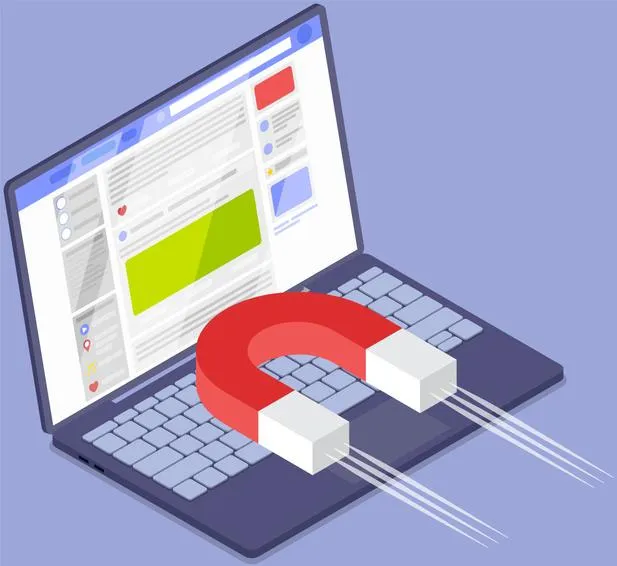
Bounce Rate vs. Engagement Rate: Which Metric Truly Matters in 2025?
Bounce Rate vs. Engagement Rate: Which Metric Truly Matters in 2025?
Introduction
As a beginner in digital marketing, you’ve likely come across two terms: bounce rate and engagement rate. But which one should you really care about in 2025?
Both metrics tell a story about how users interact with your website—but they tell very different stories. In this article, we’ll break down what each means, why they matter, and which one is more important depending on your goals.
Understanding Bounce Rate
What Is Bounce Rate?
Bounce rate refers to the percentage of users who leave your website after viewing only one page—without clicking further, signing up, or engaging.
How Bounce Rate Is Calculated:
Bounce Rate = (Single-page visits / Total visits) × 100
What It Tells You:
Poor page experience
Irrelevant content
Misaligned user expectations
Slow load times
When to Worry About It:
If your goal is to guide users to take an action (e.g., sign up, buy, read more)
If users are landing and leaving too quickly
Understanding Engagement Rate
What Is Engagement Rate?
Engagement rate tracks meaningful interactions users have on your site or platform. This can include:
Time spent on site
Scroll depth
Pages per session
Clicks, video views, shares
In tools like Google Analytics 4, this has become a more important metric than bounce rate.
What It Tells You:
How interested users are in your content
Whether your site design and calls-to-action are working
How likely visitors are to convert
Bounce Rate vs. Engagement Rate: The Key Differences
Bounce Rate
Definition: Single-page visits with no action
Indicates: Low interaction or relevance
Used For: Landing page performance, site UX
Engagement Rate
Definition: User interactions (clicks, time, scrolls)
Indicates: Quality and depth of user interest
Used For: Content strategy, conversion optimization
Which One Should You Prioritize in 2025?
In 2025, engagement rate has taken the lead—especially with platforms like Google Analytics 4 focusing more on event-based tracking.
Focus on Engagement Rate If You Want To:
Build a loyal audience
Understand what content works
Increase conversions over time
Still Track Bounce Rate If You Want To:
Spot issues with specific landing pages
Test UX or page speed performance
Diagnose high ad traffic drop-offs
Tips to Improve Both Metrics
To Lower Bounce Rate:
Improve your page load speed
Make sure content matches search intent
Use engaging visuals and clear CTAs
To Increase Engagement Rate:
Add internal links to keep users exploring
Include video, quizzes, or interactive elements
Ensure mobile-friendliness and fast navigation
Conclusion: Choose Metrics That Match Your Goals
Bounce rate and engagement rate are not enemies—they’re teammates. Use bounce rate to fix friction points and engagement rate to measure content effectiveness. When used together, they offer a powerful lens into what your audience really wants.
To learn more, speak with our Growth Agents by email at [email protected] or phone call at 904 689-8881.